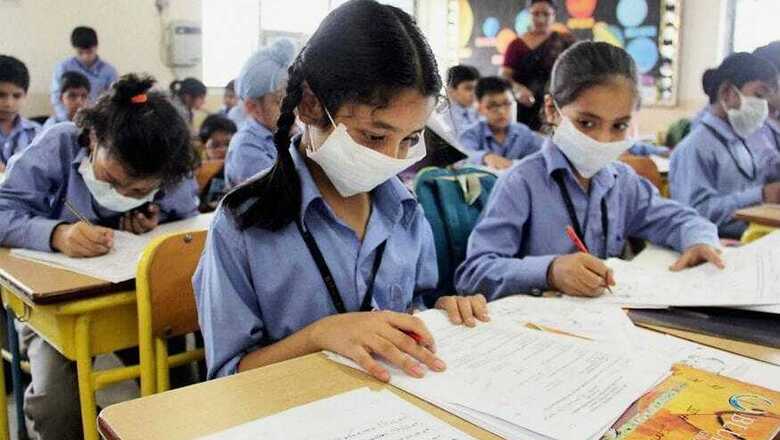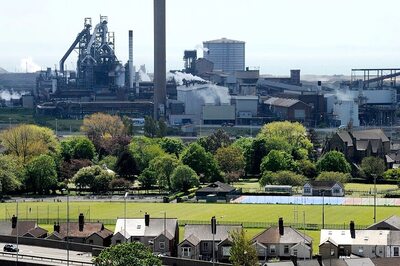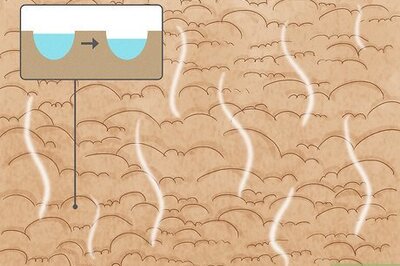
views
New Delhi: With still developing bodies and immunities, vulnerable biologies, susceptible brains and lungs, children are particularly vulnerable to hazards of air pollution. As the smog pervading all parts of New Delhi shows no sign of lifting, the city has responded by shutting its schools to at least try and keep them out of harm’s way.
A number of private schools shut shop from Friday, November 4 till Monday, November 7. Soon after, the Municipal Corporation of Delhi followed suit, closing nearly 1750 schools run by the three municipal bodies in the city on Saturday on account of the smog. Though the Delhi government decided to keep its schools open, after Health and PWD minister Satyendra Jain said that the smog was worse at night, doctors considered this move workable for at least short terms gains.
Dr. Sangeeta Sharma, HOD Paediatrics, National Institute for Tuberculosis and Respiratory Diseases told News 18 that closing schools was certainly not a long term solution, and keeping children, or adults confined indoors is tricky due to the buildup of indoor air pollutants and gases.
However, considering the adverse reactions pollutants and gases have on almost every part of the body, children’s immune systems were not equipped to handle Delhi’s current air quality. “Children’s bodies are undergoing changes, they can have hyper immune responses with manifest as severe asthma attacks,” she said, adding, “they're also more susceptible to infection.”
Adult bodies, though far from immune to the toxicity Delhi faces have a developed mechanism to resist such effects. Adult upper respiratory tract has cilia and mucus lining the membranes to catch and trap viruses and particulate matter that enter the body through air. A child's body, said Dr. Sharma, is overwhelmed sooner than an adult’s when faced with such an onslaught.
She detailed the multitude of effects pollutants have on bodies. Respiratory tracts become more prone to infections, there is the risk of asthma, bronchitis, chronic cough. There is also a long term negative impact on a child's cognitive development. Impaired cognitive levels, health experts have warned time and again, rob people of healthy lives, and societies of productive working members, making it far more than an individual loss.
Dr. Sharma also warns as against confining children, even adults indoors, as that leads to long term exposure to carbon monoxide, the odourless colourless yet lethal gas. A carbon monoxide molecule has 200 times more affinity to bind with the red blood cells than that of an oxygen molecule, hence decreasing the ability of blood to carry oxygen to different parts of the body.
Dr. Dharma's warnings are starkly similar to those issued by UNICEF on October 31 in its global report on children and air pollution. The report, Clear the Air for Children, said that 300 million children globally, almost one in every seven, are exposed to air pollution.
“Air pollution is a major contributing factor in the deaths of around 600,000 children under five every year – and it threatens the lives and futures of millions more every day,” said UNICEF Executive Director Anthony Lake in a statement accompanying the report’s release.
"Pollutants don’t only harm children’s developing lungs – they can actually cross the blood-brain barrier and permanently damage their developing brains – and, thus, their futures. No society can afford to ignore air pollution."




















Comments
0 comment